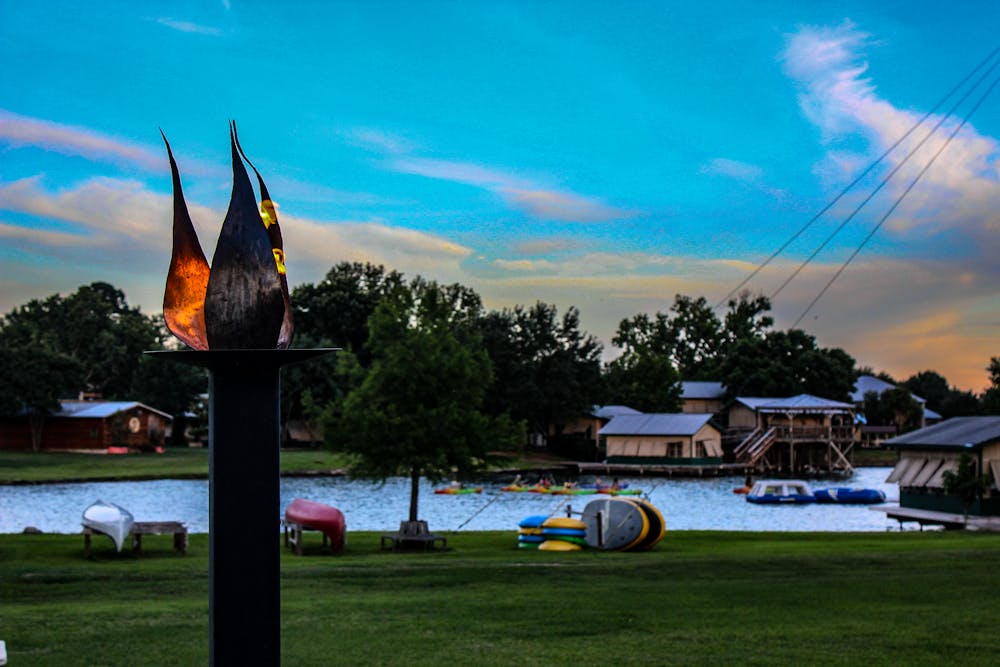
ACA Research
The American Camp Association has conducted multiple studies documenting the positive effects of camp.
ACA RESEARCH In the past decade, the American Camp Association(ACA) performed two major studies to better understand the impact of the summer camp experience.
The 2005 study was the more substantive. It surveyed campers, parents and camp staff from over 200 camps across the country and looked at 10 areas of potential improvement:
- Positive Identity: Self-Esteem
- Positive Identity: Independence
- Social Skills: Leadership
- Social Skills: Friendship Skills
- Social Skills: Social Comfort
- Social Skills: Peer Relationships
- Physical & Thinking Skills: Adventure & Exploration
- Physical & Thinking Skills: Environmental Awareness
- Positive Values & Spirituality: Values & Decisions
- Positive Values & Spirituality: Spirituality
“The results tell a consistent story of overall positive growth in all four domains and almost all of the ten constructs. In addition, there was substantial evidence that much of this growth was maintained 6 months later.” - American Camp Association
In short, campers and parents both perceived growth in areas important to long term success, including self esteem, independence, leadership, social comfort, and friendship skills.
Unfortunately, this study was conducted prior to the work of the Partnership for 21st Century Skills and the research described in Paul Tough’s book. As a result, they are not measuring the “non-cognitive skills” (like grit, collaboration, self control, communication) that are now the focus of developmental psychologists. Nevertheless, the results of the 2005 study suggest that camp is a highly effective experience for teaching critical skills.
In 2006, the ACA did a study that showed that camp provides “supportive relationships.” Research by the Search Institute suggests that “supportive relationships with adults” is a powerful asset for positive youth development.
Typically, children find “developmentally optimal levels” of such relationships in 15-20% of secondary schools and 40% of youth, community and church activities. By contrast, campers experience such “developmentally optimal” relationships over 70% of the time!
Steve Sir, The Camp Geek